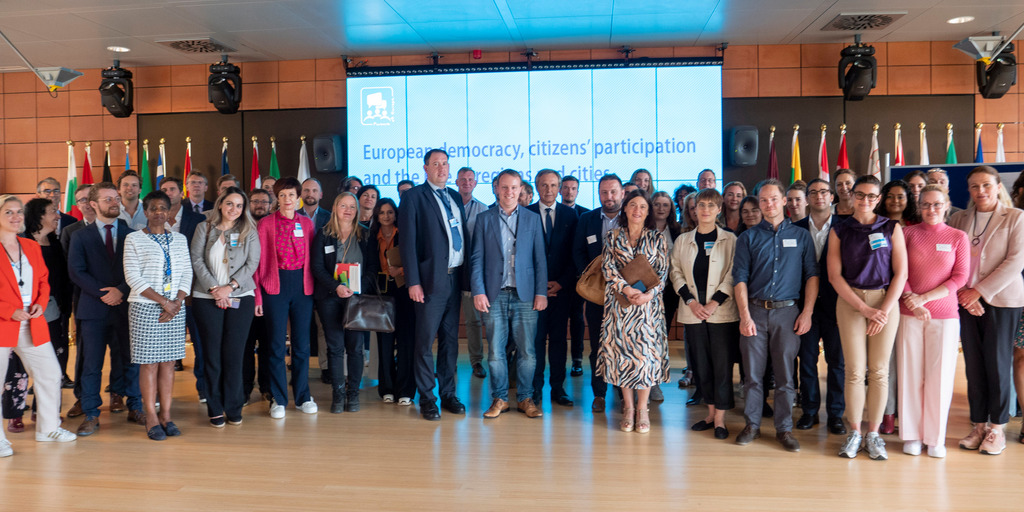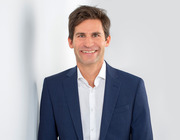Together with around 70 invited politicians, citizens and experts from local and regional governments as well as from EU institutions and bodies, we discussed and drafted recommendations for the future design of citizen participation in Europe. Following up on the landmark European democracy experiment “Conference on the Future of Europe” and its recommendations on a permanent European Citizens´ Assembly, the working conference focused on how the views of ordinary citizens from all parts of Europe can be better incorporated into European policy-making to make citizens´ participation a permanent reality. The following questions were discussed:
- What are the lessons learned from the Conference on the Future of Europe for a better link between participatory and representative democracy and citizens’ assemblies?
- How should we connect local citizens’ assemblies to EU-level debates?
- What do regions and cities need to advance citizen participation in an EU context? How can the European Committee of the Regions contribute to this process?



![[Translate to English:] Christophe Rouillon](/fileadmin/files/_processed_/d/d/csm_540331316Christophe_Rouillon_863e348d1b.jpg)


